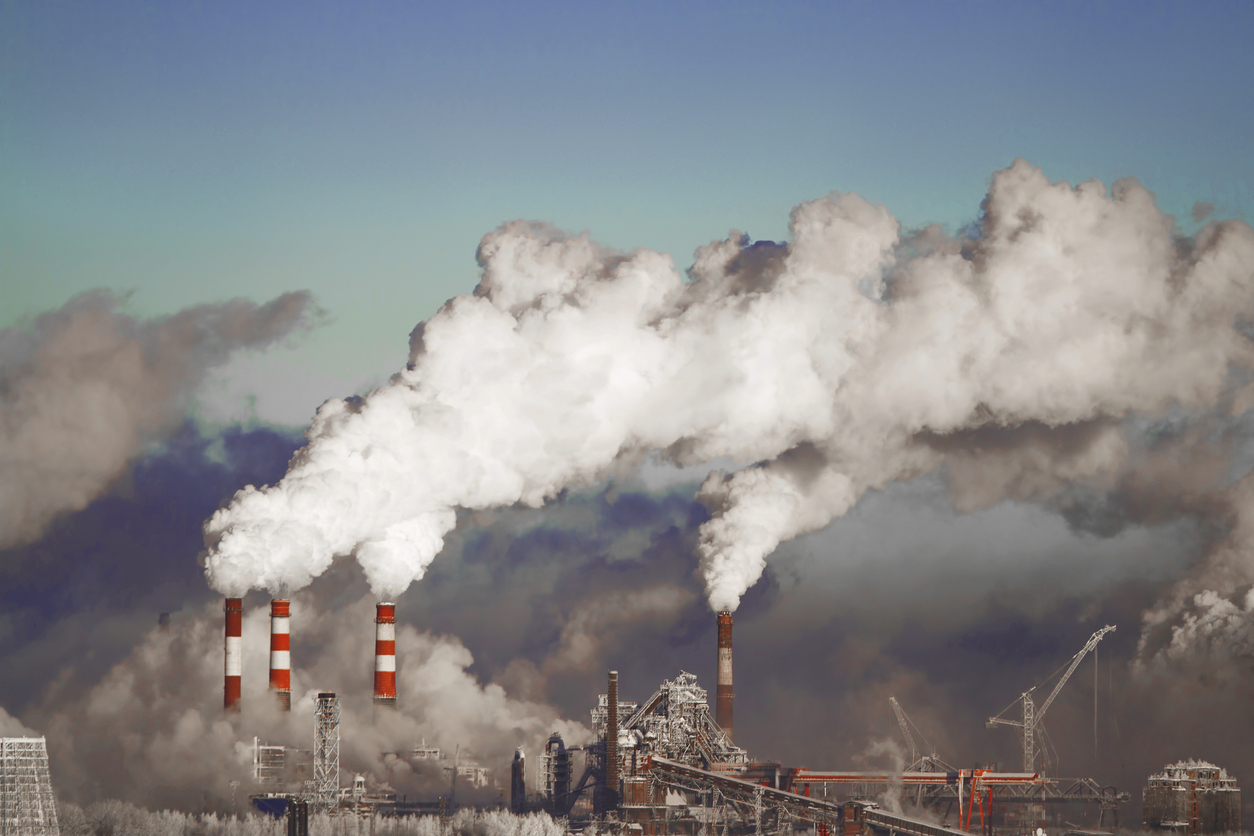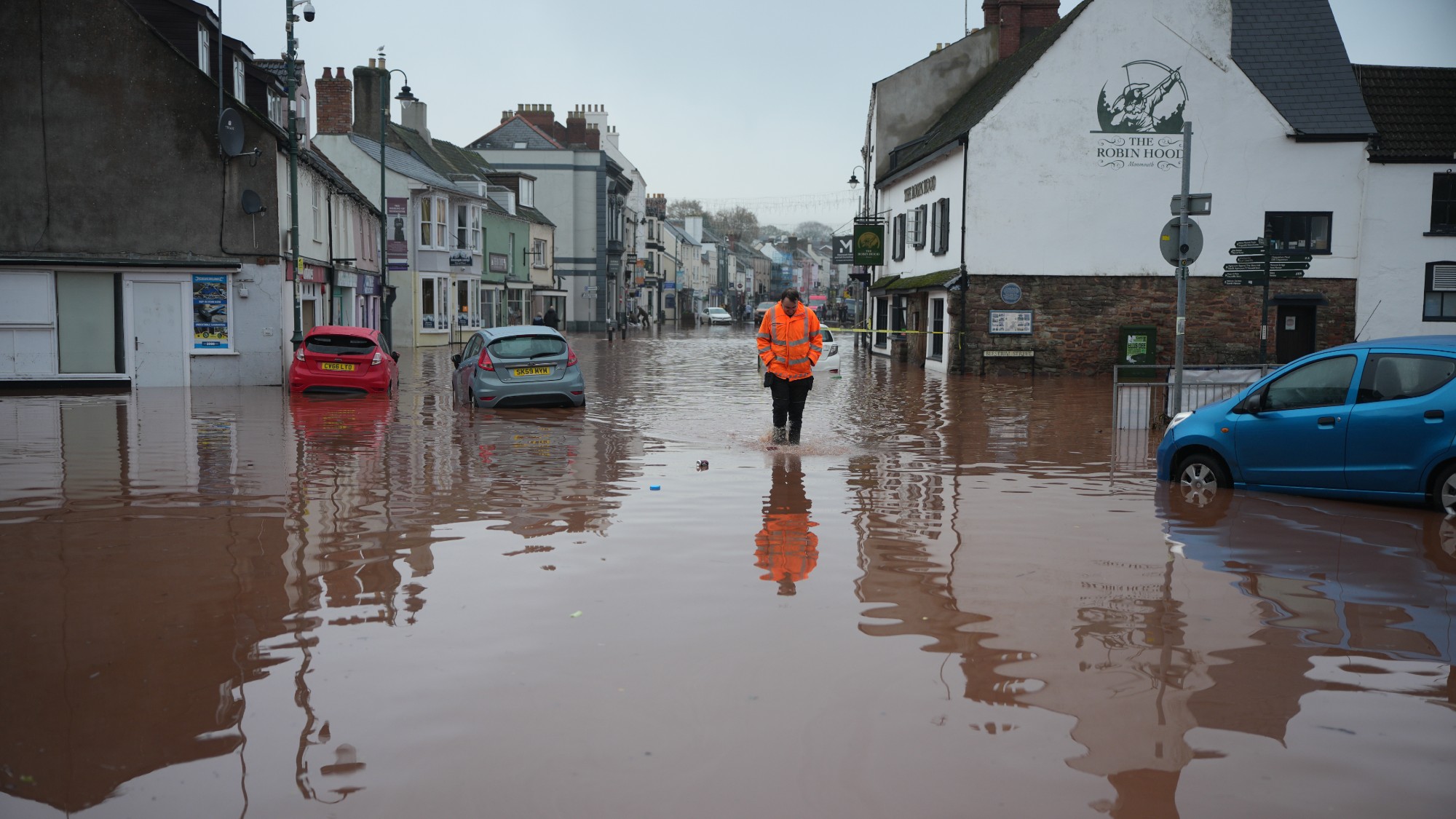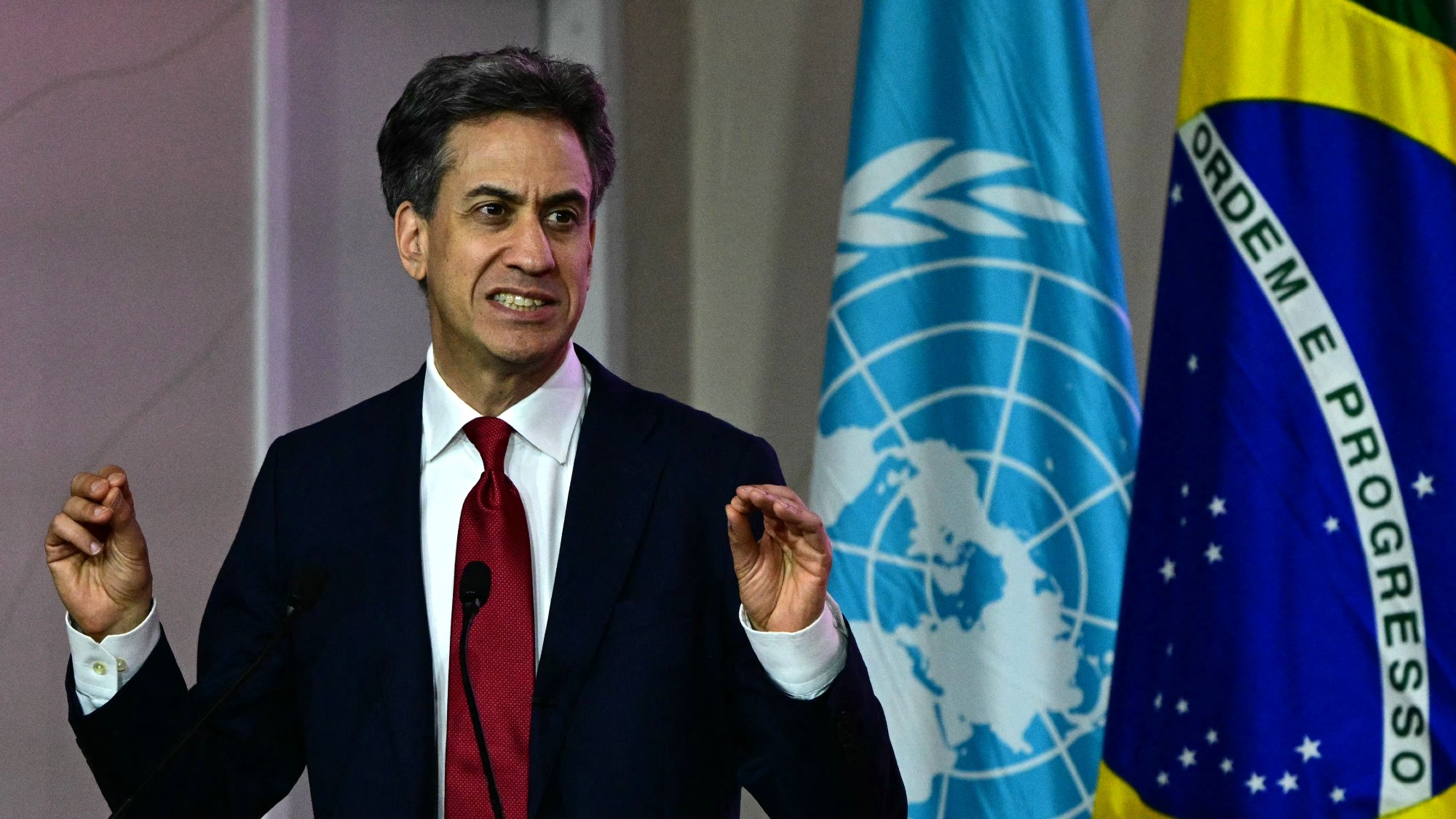U.N. report: We are 'nowhere near on track' to avoid catastrophic climate change


A United Nations report published Thursday found that the world is "nowhere near on track" to meet goals in reducing the effects of climate change, reports The Guardian.
World governments committed to taking steps that would keep global warming in check, determining that 1.5 degrees Celsius on average is the maximum temperature increase the world can sustain before melting ice caps and deadly heatwaves bring catastrophic change to much of the globe. But "we are moving way too slowly" to avoid surpassing that limit, said Ola Elvestuen, Norway's environment minister.
The U.N.'s Intergovernmental Panel on Climate Change found that governments need to drastically decrease their greenhouse gas emissions. A co-author of the report, Drew Shindell, said eliminating fossil fuels like coal and quickly transitioning to solar or wind energy would help — but world leaders are way behind schedule. "While it's technically possible, it's extremely improbable, absent a real sea change in the way we evaluate risk," said Shindell. "We are nowhere near that."
The Week
Escape your echo chamber. Get the facts behind the news, plus analysis from multiple perspectives.

Sign up for The Week's Free Newsletters
From our morning news briefing to a weekly Good News Newsletter, get the best of The Week delivered directly to your inbox.
From our morning news briefing to a weekly Good News Newsletter, get the best of The Week delivered directly to your inbox.
Other world leaders told The Guardian that President Trump's embrace of "clean coal" and decision to exit the Paris climate agreement has made things harder on everyone. "It's a lot more difficult without the U.S. as a leader in climate change negotiations," said Elvestuen. "We have to find solutions even though the U.S. isn't there." But the president of the Marshall Islands, Hilde Heine, says other nations should follow in their footsteps and commit to zero emissions by 2050. "If we can do it," she said, "so can everyone else." Read more at The Guardian.
A free daily email with the biggest news stories of the day – and the best features from TheWeek.com
Summer Meza has worked at The Week since 2018, serving as a staff writer, a news writer and currently the deputy editor. As a proud news generalist, she edits everything from political punditry and science news to personal finance advice and film reviews. Summer has previously written for Newsweek and the Seattle Post-Intelligencer, covering national politics, transportation and the cannabis industry.
-
 Wilde Cambridge: home-away-from-home in a prime city spot
Wilde Cambridge: home-away-from-home in a prime city spotThe Week Recommends This laid-back aparthotel is the perfect base for a weekend of exploring
-
 The best alcohol-free alternatives for Dry January
The best alcohol-free alternatives for Dry JanuaryThe Week Recommends Whether emerging from a boozy Christmas, or seeking a change in 2026, here are some of the best non-alcoholic beers, wines and spirits to enjoy
-
 A lemon-shaped exoplanet is squeezing what we know about planet formation
A lemon-shaped exoplanet is squeezing what we know about planet formationUnder the radar It may be made from a former star
-
 Environment breakthroughs of 2025
Environment breakthroughs of 2025In Depth Progress was made this year on carbon dioxide tracking, food waste upcycling, sodium batteries, microplastic monitoring and green concrete
-
 Crest falling: Mount Rainier and 4 other mountains are losing height
Crest falling: Mount Rainier and 4 other mountains are losing heightUnder the radar Its peak elevation is approximately 20 feet lower than it once was
-
 Death toll from Southeast Asia storms tops 1,000
Death toll from Southeast Asia storms tops 1,000speed read Catastrophic floods and landslides have struck Sri Lanka, Indonesia, Thailand and Malaysia
-
 Can for-profit geoengineering put a pause on climate change?
Can for-profit geoengineering put a pause on climate change?In the Spotlight Stardust Solutions wants to dim the sun. Scientists are worried.
-
 How will climate change affect the UK?
How will climate change affect the UK?The Explainer Met Office projections show the UK getting substantially warmer and wetter – with more extreme weather events
-
 Can the UK do more on climate change?
Can the UK do more on climate change?Today's Big Question Labour has shown leadership in the face of fraying international consensus, but must show the public their green mission is ‘a net benefit, not a net cost’
-
 Did Cop30 fulfil its promise to Indigenous Brazilians?
Did Cop30 fulfil its promise to Indigenous Brazilians?Today’s Big Question Brazilian president approves 10 new protected territories, following ‘unprecedented’ Indigenous presence at conference, both as delegates and protesters
-
 Can the world adapt to climate change?
Can the world adapt to climate change?Today's Big Question As the world gets hotter, COP30 leaders consider resilience efforts
